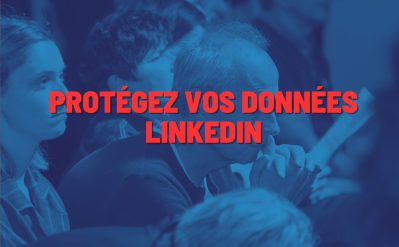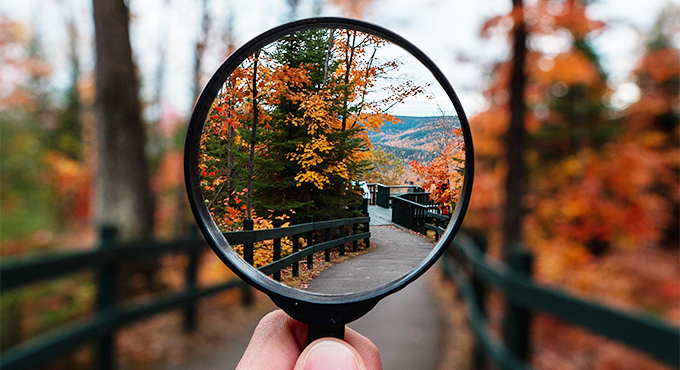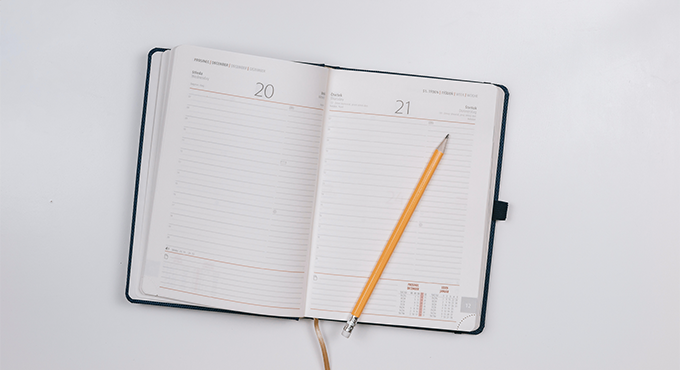News

Legal issues relating to artificial intelligence (2)
This article is the sequel to "Questions de droit liées à l'intelligence artificielle (1)" which can be found here: https://www.upp.photo/fr/news/questions-de-loi-liees-a-l-intelligence-artificielle-3146
2. The legal status of AI production
So is AI-generated content counterfeit?
Article L122-4 of the French Intellectual Property Code recognizes the author's right to transfer the right to adapt his or her work, in exchange for remuneration. Infringement therefore occurs when a production reproduces or is strongly inspired by a photograph. In this case, the question may legitimately arise if the iA user has requested the production of content "in the manner of" or "resembling (copyrighted content)". But at this stage, how is it possible to prove that such a request has been made? If not, the only option left to the author is to demonstrate that one of his or her works, precisely identified, is recognizable in the AI's production, as the intellectual property code does not recognize copyright protection for a style, concept or idea.
The photographers could also act, as they do on other occasions, on the grounds of economic parasitism, a concept derived from unfair competition. Economic parasitism covers "behavior by which an economic agent interferes in the wake of another in order to profit, without spending anything, from his efforts and his know-how". It gives rise to a claim for damages in the event of loss of earnings, which can be demonstrated in the case of professional photographers making a living from the transfer of rights to use their images.
And to what extent can they be protected by copyright?
In the United States, the guidelines proposed by the USCO, which we describe in detail here, reaffirm the historic position of case law, according to which only a human being can be considered an author. An AI cannot therefore be the owner of copyright, since American copyright law protects only "the fruit of an intellectual work based on the creative power of the mind".
In Europe, the Court of Justice of the European Union has firmly established (notably in theInfopaqcase: C-5/08Infopaq International A/S v. Danske Dagbaldes Forening), that copyright only protects "original works", the term being understood as "an intellectual creation unique to its author."An original work must "reflect the personality of its author", which seems to require indispensable human intervention.
To date, artists have been denied copyright on AI productions, on the grounds that these productions were generated without the user having been able to foresee the type of visual expression of the "prompt" (written instructions) that the machine would propose.without the user having been able to foresee the type of visual expression of the "prompt" (written instructions) that the machine would propose. This view is likely to be shared by European judges. However, if the hybridization of content tends to become more widespread, and artists make use of AI while retaining a major role in the production of the content it generates, it will be increasingly difficult to distinguish the boundary between content protected or not by copyright. Especially since, as the law stands, there is no obligation for users to indicate that they have used AI to create their work. A European Directive on AI is currently being drafted. It is possible that it will include an obligation of transparency, particularly in relations with consumers.
It's still too early to answer these questions. Nevertheless, we should bear in mind that photography was not recognized as a work of art but as a product until 2011, when the CJEU recognized photographers' "creative choices".
Stéphanie de Roquefeuil






No comment
Log in to post comment. Log in.